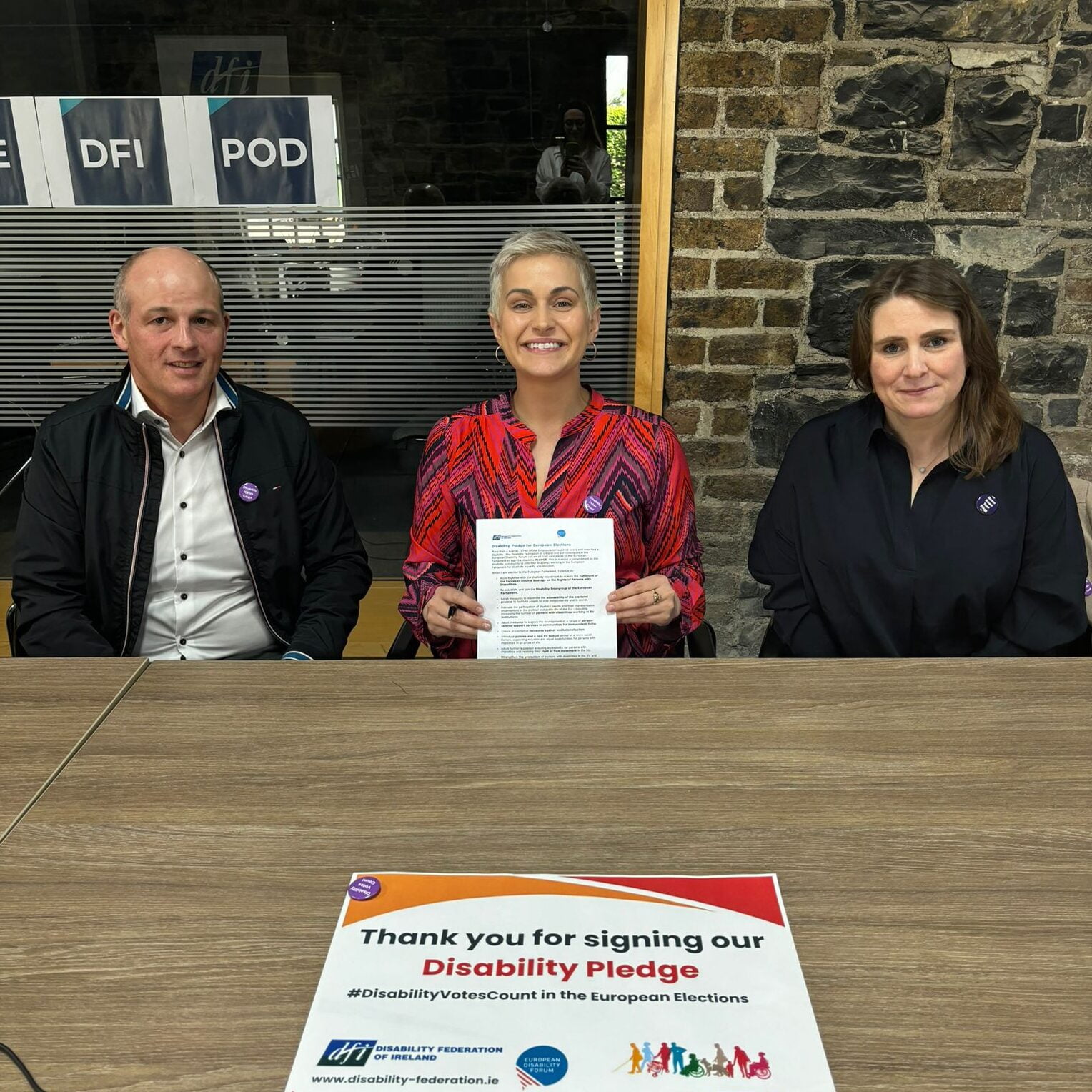
Polling stations across the country must be accessible to all voters, including wheelchair users, ahead of the Local and European elections on June 7th, a Fine Gael MEP has said.
MEP Maria Walsh is calling on the Department of Housing, local Councils and Returning Officers across the country to work together to ensure that all voters can easily and safely access polling stations.
According to a report by the National Disability Authority, 29 buildings, servicing 43 polling stations, were not accessible to wheelchair users during the 2020 general election. A further survey showed that one in every two disabled people who responded faced barriers to voting.
Maria Walsh, MEP for Midlands-North West, said:
“Having met with the representatives from the Irish Wheelchair Association in Roscommon this week, I know there are people up and down the country who will struggle to access their local polling station come June 7th. The responsibility cannot be on individuals to travel to alternative stations or worse, not vote at all. The onus is on the Department of Housing and local authorities to ensure every single polling station is fully accessible to cater to all needs.
“The right to vote is one of the most important rights afforded to us, enshrined in international human rights laws and treaties. However, for some with additional accessibility needs, that right is threatened due to lack of services and planning.
“Along with access to polling stations, people with disabilities face challenges with issues such as height of the booths, adequate space, parking spaces and more.
“This issue was raised by disability organisations in the aftermath of the last general election, yet challenges still persist. Minister Darragh O’Brien must work with returning officers and local Councils to put provisions in place over the coming days to cater for all accessibility needs.
“In addition to accessible voting, political participation amongst people with disabilities must be looked at. People with disabilities make up 22% of the population yet they represent a very small minority of our political representatives. This can have significant consequences for our policy and decision-making processes.
“We need people from all backgrounds, including those with disabilities, proportionally represented in political life. Only then will we have policies and legislation that truly reflect and cater for the entirety of society.”

